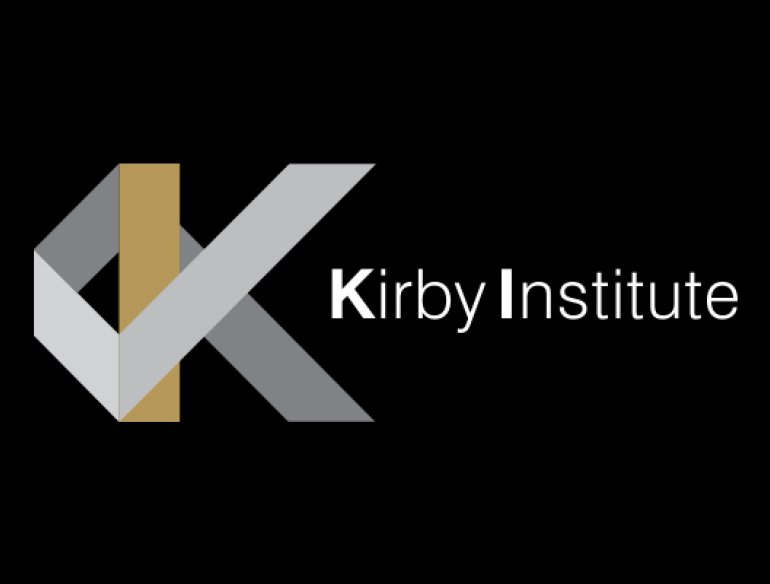Location:
The Kirby Institute, UNSW Australia, Randwick, Sydney
Contact for enquiries
msimpson@kirby.unsw.edu.au
Further information
https://offenderhealth.net.au/
Brain Injury Australia and the NHMRC Australian Centre of Research Excellence in Offender Health invite you to participate in a one-day workshop devoted to the interaction between people with a brain injury and the criminal justice system, to be held at The Kirby Institute (UNSW Australia), Randwick, Sydney from 9:30 a.m. to 4:30 p.m. on Monday June 27th, 2016.
The consequences of brain injury for psychological and physical well-being, for thinking and behaviour may increase the risk of offending and as many as 70 per cent of adult prisoners report a history of traumatic brain injury. Notwithstanding these alarming statistics, brain injury and its related disabilities receive relatively little recognition in the criminal justice system.
Alongside high-level local representation from health, the police, judiciary, juvenile justice and adult corrections, we are honoured to welcome Professor Lyn Turkstra from University of Wisconsin-Madison – an international expert on cognitive rehabilitation for adolescents and adults with brain injury – and The Honorable Judge Eugene M. Hyman from the Superior Court of California, County of Santa Clara – who presided over the first family violence court in the United States, and helped create the field of “therapeutic jurisprudence”, that advocates services and supports for particular categories of offenders, including people with a disability.
This open space workshop will be facilitated by Dr. Stephen Mugford, the Principal of Kinnford Consulting. It will focus on the active engagement and discussion among participants rather than passive listening. The day will provide opportunities to ask in-depth questions of experts and the time to explore answers. A synthesis of the range of perspectives in the room will be written up into a report to be distributed to key decision-makers for the purpose of effecting systemic change.
